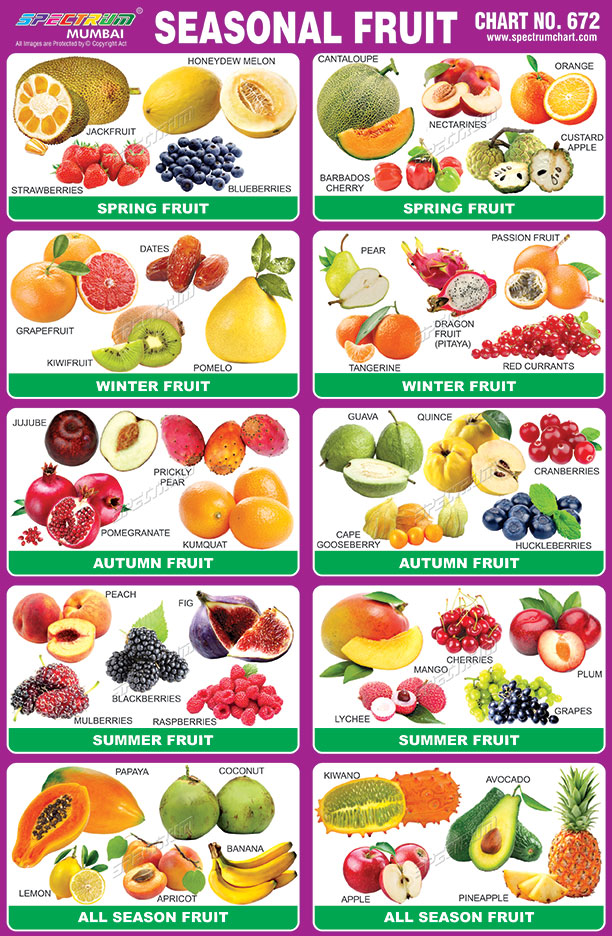A Bounty of Autumn: Exploring Fall's Fruitful Harvest
As the leaves turn vibrant shades of red and gold, and a crispness fills the air, a new harvest of delicious fruits ripens, offering a taste of autumn's bounty. Fall fruits, with their rich flavors and textures, are a welcome addition to any table, bringing warmth and comfort to the season.
Autumn's fruit selection is incredibly diverse, offering something for every palate. From the classic crunch of an apple to the sweet tartness of cranberries, fall fruits offer a delightful sensory experience. Imagine biting into a perfectly ripe pear, its juices dripping down your chin, or enjoying a warm apple crumble on a chilly evening. These are the simple pleasures that make autumn so special.
But the appeal of fall fruits goes beyond their delicious taste. They are packed with essential nutrients, boosting our immune systems just as we head into cold and flu season. Many are rich in antioxidants, fiber, and vitamins, contributing to overall health and well-being. Enjoying seasonal produce also supports local farmers and reduces the environmental impact associated with transporting food long distances.
For centuries, humans have relied on the cyclical nature of fruit production, preserving the harvest to enjoy throughout the year. Methods like drying, canning, and preserving allowed our ancestors to savor the flavors of fall long after the leaves had fallen. Today, we continue to celebrate these traditions, incorporating these fruits into both sweet and savory dishes, from pies and jams to chutneys and sauces.
So, which fruits grace our tables during the autumn months? The list is impressive and varied. Apples, pears, cranberries, pomegranates, grapes, figs, and quince are just a few of the stars of the fall harvest. Each fruit boasts its unique flavor profile and culinary uses, offering endless possibilities in the kitchen. Let's delve deeper into the world of autumnal fruits and discover the delights they hold.
Apples, originating in Central Asia, have a long and rich history, appearing in countless myths and legends. Pears, similarly ancient, have been cultivated for thousands of years. Cranberries, native to North America, played a crucial role in the diets of Indigenous peoples. The stories behind these fruits are as fascinating as their flavors.
Pomegranates, with their jewel-toned seeds, symbolize prosperity and abundance in many cultures. Figs, mentioned in ancient texts, have been prized for their sweetness and nutritional value. Quince, a less common fruit, adds a unique tartness to jams and jellies.
One benefit of enjoying seasonal fruits is their heightened flavor. When fruits are allowed to ripen naturally on the tree or vine, their taste is far superior to those picked prematurely and transported long distances. Another benefit is the increased nutritional value. Fruits at their peak ripeness contain higher concentrations of vitamins and antioxidants.
A simple action plan for incorporating fall fruits into your diet is to visit your local farmers market or orchard. Select a variety of fruits that are in season and experiment with different recipes. Try adding sliced apples and pears to your morning oatmeal, or roasting them with a touch of cinnamon and honey for a warm and comforting dessert.
Advantages and Disadvantages of Focusing on Seasonal Fall Fruits
| Advantages | Disadvantages |
|---|---|
| Peak flavor and nutritional value | Limited availability of certain fruits outside of their season |
| Supports local farmers and sustainable agriculture | Potential for higher prices depending on weather and crop yields |
| Wide variety of fruits to choose from | Requires more planning and preservation efforts to enjoy year-round |
Frequently Asked Questions:
1. What are some common fall fruits? Apples, pears, cranberries, pomegranates, and grapes are popular choices.
2. Where can I find fresh, seasonal fall fruits? Farmers markets, orchards, and local grocery stores are great places to start.
3. How can I store fall fruits to keep them fresh? Store apples and pears in a cool, dark place. Cranberries can be refrigerated or frozen.
4. What are some easy recipes using fall fruits? Apple crisp, pear crumble, and cranberry sauce are classic choices.
5. Are fall fruits good for you? Yes, they are packed with vitamins, minerals, and antioxidants.
6. Can I freeze fall fruits? Yes, many fall fruits freeze well, allowing you to enjoy them throughout the year.
7. How can I tell if a fall fruit is ripe? Look for vibrant colors, a pleasant aroma, and a slight give to the touch.
8. What are some creative ways to use fall fruits? Try adding them to salads, smoothies, or even savory dishes.
Tips and tricks for enjoying fall fruits: Roast pears with a drizzle of honey and a sprinkle of walnuts. Add diced apples to your stuffing for a festive twist. Simmer cranberries with orange zest and a touch of maple syrup for a delicious sauce.
As the days grow shorter and the air turns crisp, the abundance of fall fruits offers a vibrant and flavorful reminder of nature's generosity. From the classic apple to the exotic pomegranate, these seasonal treasures provide a wealth of nutritional benefits and culinary possibilities. By embracing the flavors of fall and incorporating these fruits into our diets, we not only nourish our bodies but also connect with the rhythms of the season. So, visit your local farmers market, gather a basket of autumn's bounty, and savor the delicious taste of fall. Experiment with new recipes, explore different flavor combinations, and enjoy the simple pleasure of biting into a perfectly ripe piece of fruit. The rewards are both delicious and healthful, enriching our lives with the vibrant essence of autumn. Let the flavors of fall inspire you to create memorable meals and cherish the bounty of the season.
Cultivating comfort a tapestry of inspiration from pinterest living room decor diy
Unlock your inner artist easy and cool pencil drawings
The tension in the threads exploring marvel rivals character art














